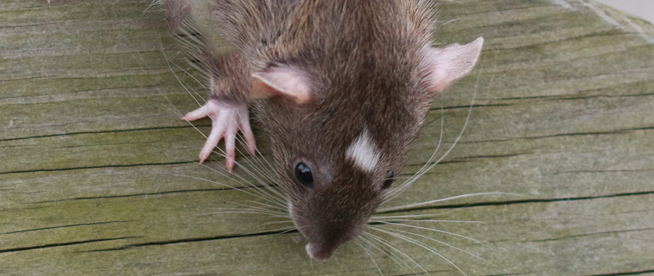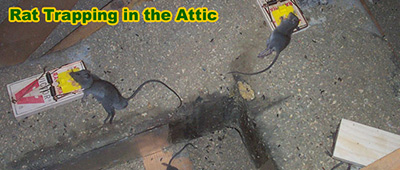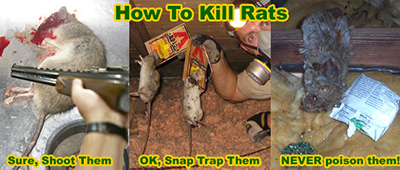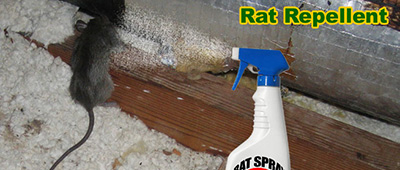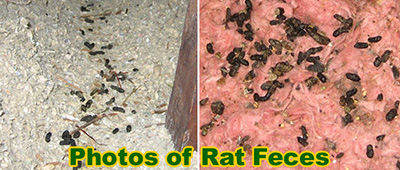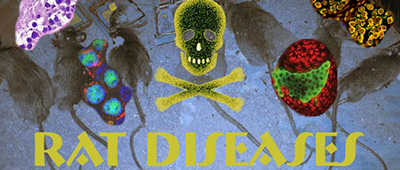Need professional rat help? What does it cost? Go to the home page
Rats, just like many other rodents, are known to carry a wide range of diseases. Many of these can be passed on to other animals and humans, and this means you, your other family members, and also your household pets can be put in the firing line. Domestic rats may not have these diseases, but their wild counterparts might. This is why keeping a wild rat you have found as a pet is a very, very bad idea.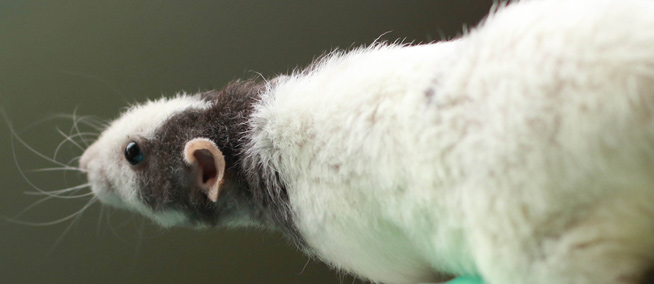
Leptospirosis is a dangerous disease because it can come with a wide range of symptoms, most of which are often associated with other less-serious conditions also, and also no symptoms at all. Headaches and fever, pains in the muscles and a chesty cough – these are often confused with the common cold or flu before a diagnosis of leptospirosis is made, and when left untreated, this is a condition that could prove fatal. Those with a weakened immune system, or the young and elderly, are at the biggest risk with this rat-spread condition, and is just one reason why you wouldn't want a “pet” rat in your home.
Rat bite fever is another condition that is rarely passed on from rats to humans, and is just one more reason why a pet rat is a bad idea. This is passed on by not just rats, but mice as well, and it is generally in the urine and other secretions of the rat in which you will find the bacteria that causes this disease. That's why you will need to do a thorough clean-up operation if you have had a rat infestation. The disease threat will still be present in the urine and other secretions, long after the rat itself has actually gone.
For the most part, cases of rat bite fever in the United States are rare, with the most common cases occurring in Japan. Not just the urine that passes on this condition, anything that comes from the rat's eyes, nose, or mouth will spread this bacteria if it has been infected, and this means that water, soil, and other ingested products can easily become contaminated. The disease itself is usually passed on via a rat bite, however, and this is another reason why getting too close to a rat, such as having it as a pet, is again, a very bad idea.
Not just infecting humans, rat bite fever can also affect other animals, including household cats, dogs, and other pets.
Have you heard of Cryptosporidiosis? It's commonly known by its shorter name, Crypto, and is a parasite which can easily be passed from rats to other animals, including humans. It is particularly dangerous in those who are already sick – those with autoimmune disorders, for example, and those with a weakened immune system, and can cause a very unpleasant stomach infection with an odd cough and very loose stools. The cause is often contamination from infected animals' feces and urine, and it can effect food, particularly under-cooked, water, and even earth. Even pools of water, such as swimming pools, can become infected, and it just takes one infected rat to do it. Just another reason why keeping a pet rat is a bad idea. Can you see a pattern emerging here?
There are so many diseases associated with rats that it doesn't make sense to want to actually invite one of these animals into your home, particularly a wild one. You cannot tame a wild rat, nor should you want to. You can't be sure that the wild rat you have isn't an infected one, and this puts your entire family in danger, humans and animals included.
Go back to the Rats in the Attic home page.
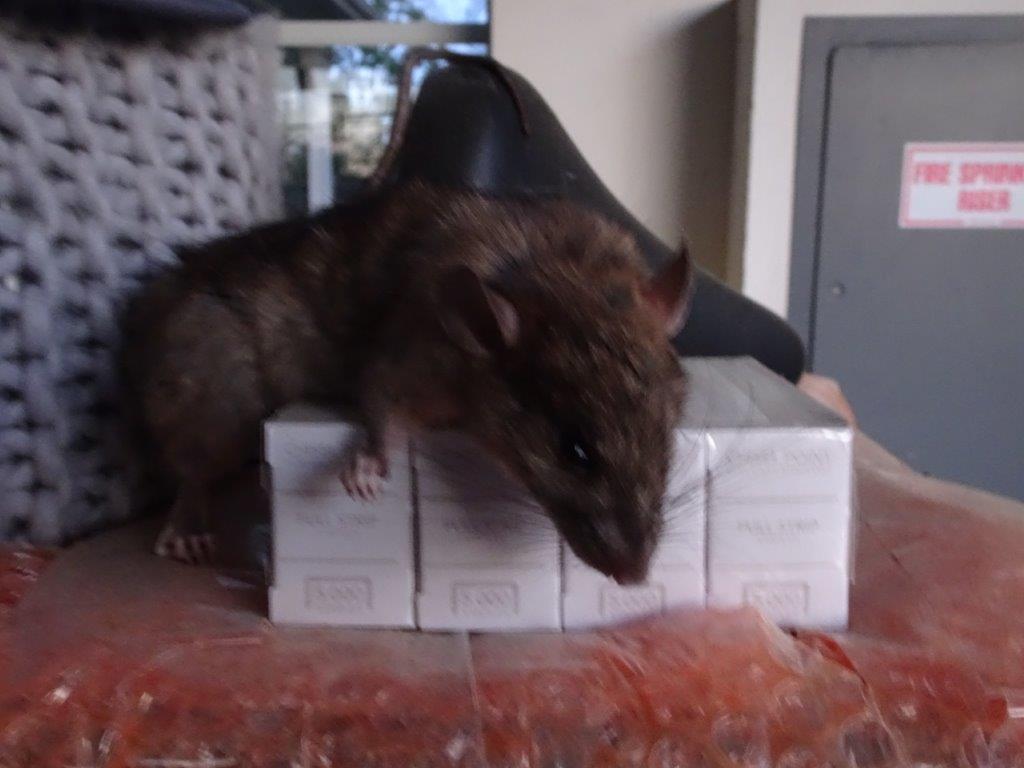
When most people hear the word ‘’rat’’, they immediately conjure this evil little creature in their mind that destroys everything and anything it finds. The funny fact, however, is that far from the stereotypical notion of rats as beady-eyed, pointy-nosed creatures that scurry around at night feeding on the trash and destroying property, domesticating rats into phenomenal pets is very possible.
Here are seven amazing facts about rats that you probably did not know:
- Rats make life-long bonds with their owners: People often say that dogs are man’s best friend, but rats do much more than dogs in their own way. Rats recognize their owners and respond to their sight and voice. They are very social animals and love attention like any pet animal; rats love to hang out with their humans and also love to be on their shoulders and laps.
Rats care for their owners, come to see them as part of their rat-pack and family, and will even try to groom their owners by licking them clean. Pet rats love the warmth and contact of their care-takers and are very cuddly.
- Rats are super-smart: Tricks like rolling over on command or playing fetch and many other fun tricks are among the amazing things rats can do. Rats are very smart little creatures and so it is very easy to train them; in fact, this is the reason why people use rats in experiments to study behavior levels and high emotional intelligence.
When you give a name to your pet rat, it learns it and also learns your behavioral pattern, moods, and feeding times and adapts to them.
- Individuality: Every rat has its unique personality and is different from other rats in behavior and characteristics and so it is important to study your pet rat’s personality. Some rats can be social and very outgoing; others are more reserved and prefer cuddling.
As a pet owner, one of the fun things about keeping a rat is getting to know them and seeing them grow and get comfortable with you. Most rat owners say that it is fun to watch their pet’s behaviors especially when they have a new toy or object to explore.
- Rats are low-maintenance: Rats do not require baths to be clean, they naturally groom themselves to be clean and they do not require walks to keep fit because they are naturally active and will exercise by themselves and so they will save your time.
Domesticated rats are very comfortable in their cage homes, will sleep for 13 to 15 hours during the day, and wake up to play during the night, and so they do not need you to keep them occupied. You should not leave them for long though, because like every family member they also need care and attention.
- Rats love to be clean: Everyone knows that cats are super clean animals, but what they do not know is that rats are even cleaner! They are fastidious groomers and when something gets on their fur, they immediately start to groom until they are clean. Rats also groom each other and their owners and love to gather their food and arrange them into neat piles before eating.
Rats are absolutely delightful pets to keep and can be great companions.

